Event Calendar
27.Aug
building 20.30, room 0.014
Aretha Teckentrup, Thomas O'Leary-Roseberry
28.Aug
building 20.30, room 0.014
Aretha Teckentrup, Thomas O'Leary-Roseberry
29.Aug
building 20.30, room 0.014
Aretha Teckentrup, Thomas O'Leary-Roseberry
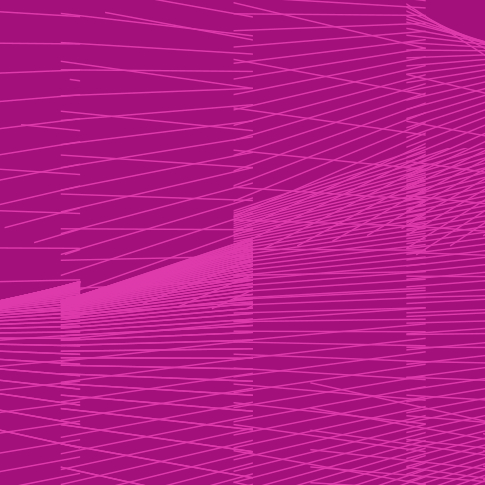
Recent Advances in Kernel Methods for Neural Networks
Deep Learning Workshop (Oct 5-6, on-site at TRIANGEL.space)
info and registration
KCDS Summer School 2023
Sep 18-20, 2023 at KIT
Info and registration
KCDS Fellows present + KCDS 1st birthday party - KCDS Talk - June 2023
KCDS Fellows present: Elevator Pitches on PhD projects and previous scientific work + KCDS 1st Birthday Party on June 27, 2023, 13:00-14:00
more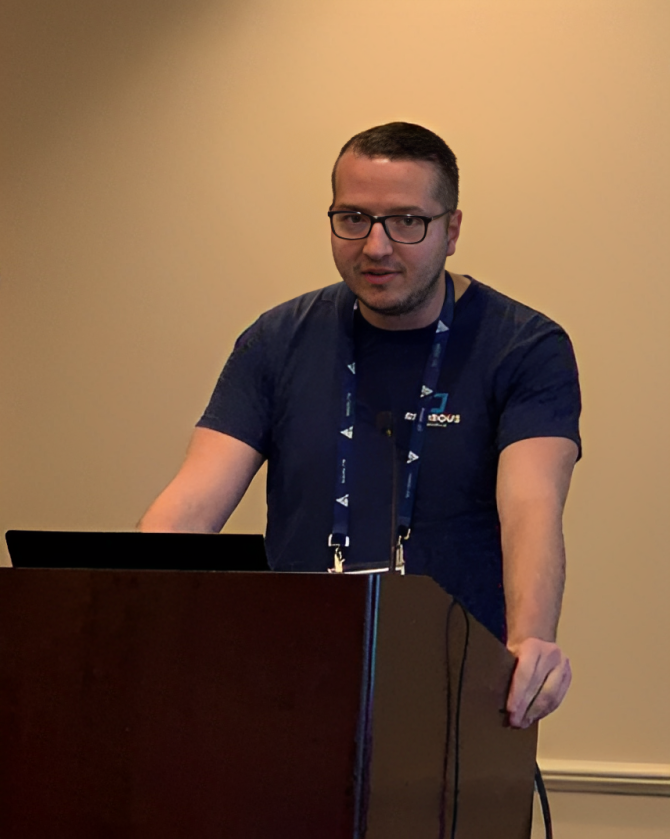
"A Unified Framework For Clustering And Regression Problems Via Mixed-integer Linear Programming" - KCDS Talk - May 2023
Dr. John A. Warwicker (IOR), May 23, 2023, 13:00-14:00h
more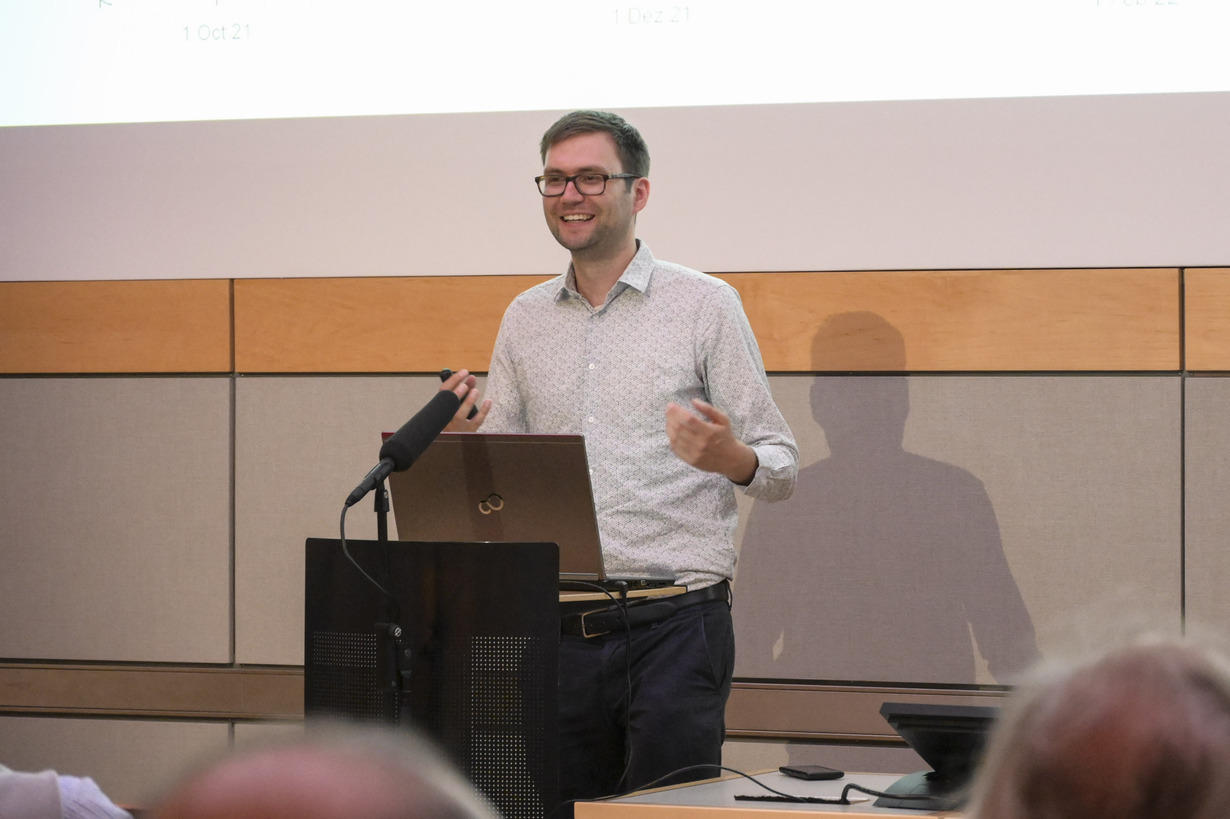
"Forecasts in Epidemiology" - KCDS Talk - April 2023
Dr. Johannes Bracher (ECON), April 25, 2023, 13:00-14:00h
more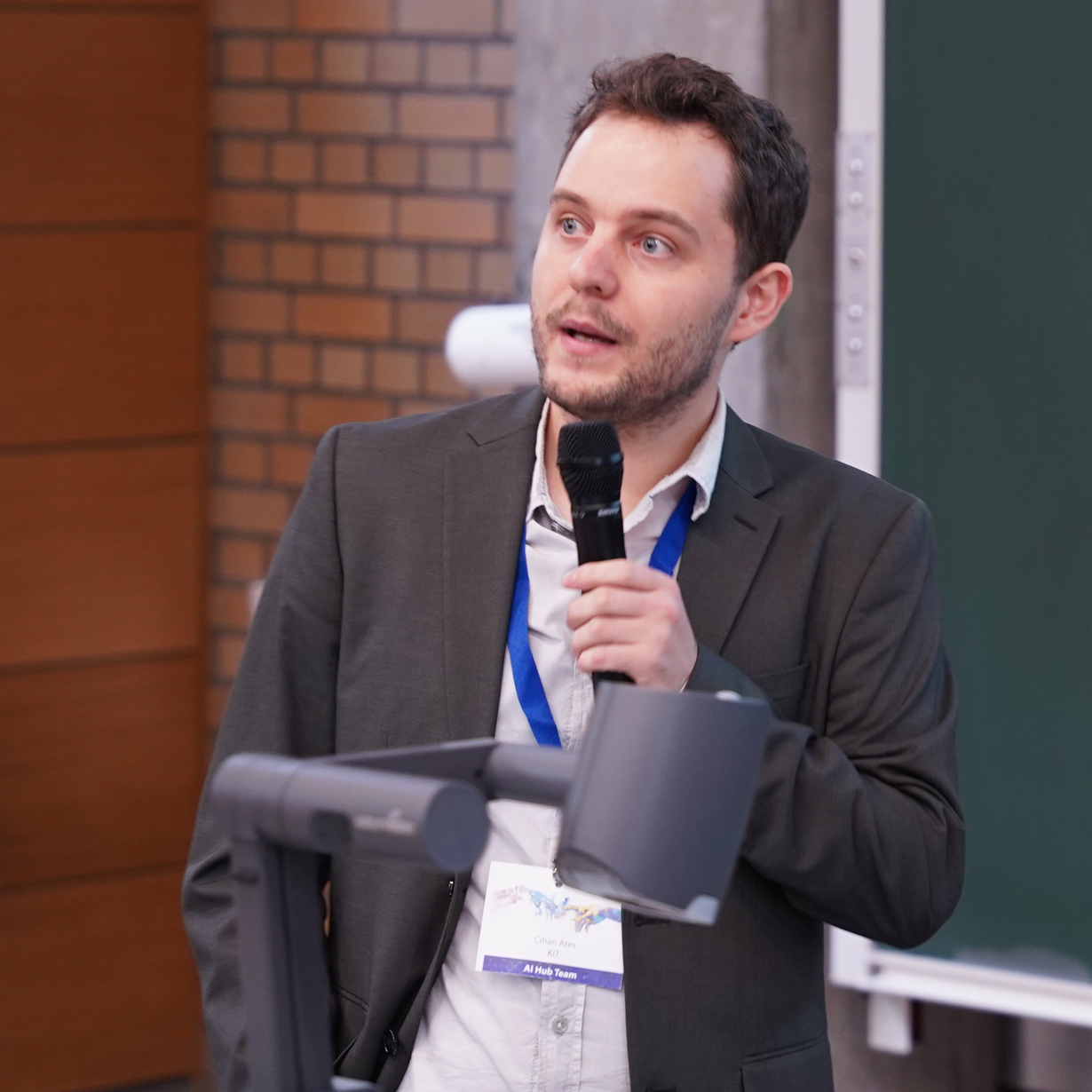
"How the brain learns and why adaptive models matter" - KCDS Talk - March 2023
Dr. Cihan Ates (ITS), March 28, 2023, 13:00-14:00h
more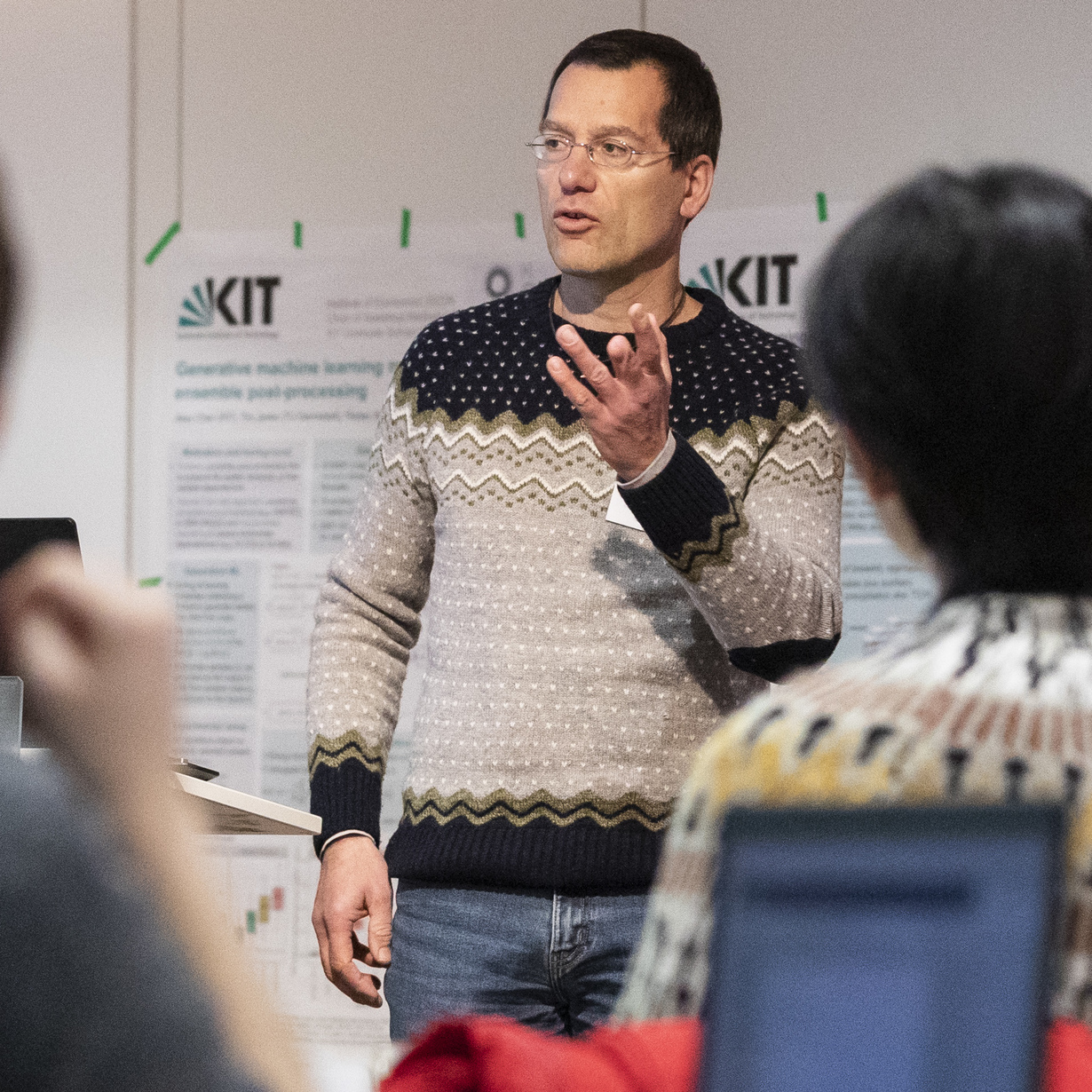
"Basics of Information Theory" - KCDS Talk - February 2023
PD Dr.-Ing. Uwe Ehret (IWG), Feb 28, 2023, 13:00-14:00h
more
Data and Models in Climate and Environmental Sciences
KCDS X GRACE Crossover Workshop (Dec 2022, on-site)
more
